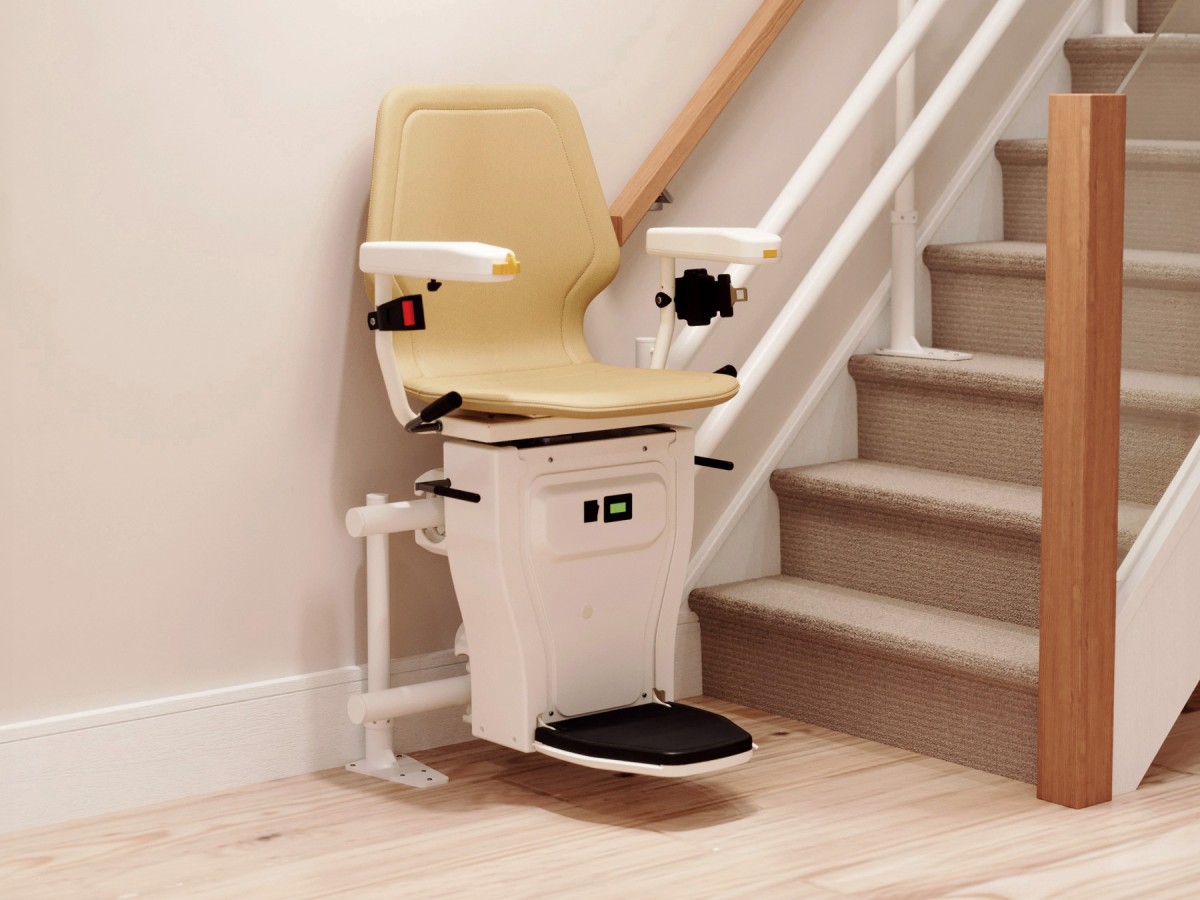The Digital Shift: How Technology Impacts Seniors and the Role of Stair Lifts for Homes

In the UK, COVID-19 has digitally shaped our lives in many ways, from the way we shop and communicate to how we access information and services. While the digital shift has affected every generation, it hasn’t impacted all equally. Seniors, often described as less tech-savvy, have felt both the positive and negative effects of this shift. In this blog, we explore those aspects and how innovations like Straight Stairlifts UK can support seniors during this transformation.
1. Digital Inclusion: Bridging the Gap
One of the most significant challenges brought on by the digital shift was digital exclusion. While younger generations grew up surrounded by technology, many seniors did not. During COVID-19 lockdowns, many elderly individuals were forced to adapt to new technologies to stay in touch with family and access services. This shift highlighted the importance of Elderly Digital Literacy UK. Learning how to use digital platforms helped reduce isolation, but it also revealed a Digital Divide for Seniors that still needs addressing. Aiding mobility with solutions such as Curved Stairlifts can help maintain independence alongside digital skills.
2. Positive Impact: Enhanced Communication
Technology has revolutionised how we connect. Apps like Skype and WhatsApp have made it easier than ever for grandparents to see their grandchildren and stay in touch with loved ones. For many, digital tools helped reduce loneliness during isolation periods, showing how essential it is to prioritise Technology Accessibility for Seniors. Accessibility at home, such as through Stairlift Installation, plays a role too.
3. Negative Impact: Information Overload
The internet provides unlimited access to information, which can be overwhelming. Seniors sometimes struggle to distinguish between credible and misleading content. From fake news to scam emails, the risks are real. That’s why Cybersecurity for Seniors UK is so vital. Encouraging seniors to seek help from family and friends or take free digital literacy classes can make a significant difference. The same applies when choosing safe home equipment and aftercare and maintenance.
4. Positive Impact: Access to Healthcare
Digital healthcare is now a reality. With telemedicine, seniors can consult doctors from the comfort of home. Apps allow them to order prescriptions, track their health, and manage appointments. Innovations such as wearable health devices also play a key role. This digital convenience supports independent living and peace of mind.
5. Negative Impact: Privacy Concerns
With increased digital engagement comes increased vulnerability. Many seniors are unaware of how to adjust privacy settings or detect scams. The risk of online fraud has grown, making education on privacy a priority. Thankfully, many tools can enhance digital safety, and community programs often provide helpful guidance.
6. Positive Impact: Access to Information
Seniors now have the ability to access vast amounts of information online. From reading news articles to discovering new hobbies or watching instructional videos, the internet has opened a world of opportunity. Platforms focused on AI in Elderly Care UK are emerging to personalise learning and support at every stage of life.
7. Negative Impact: Technological Overwhelm
Rapid technological advancement can be daunting. Seniors may feel pressure to constantly adapt to new apps or devices. But it’s important to focus only on the tools that improve day-to-day life. Local councils and colleges often offer free training to help with this transition.
8. Positive Impact: Social Networking
More seniors than ever are using Facebook and other platforms to connect with others. Online communities have blossomed around shared interests, providing social interaction and reducing isolation. These digital interactions have offered a sense of belonging when in-person meetups weren’t possible. You can find more insights like this on our blog.
9. Negative Impact: Loneliness and Isolation
While technology can connect, it can also replace personal contact. Texts and emails may lead to fewer in-person conversations. For some, this digital shift feels impersonal. Balancing digital tools with face-to-face interaction is key to maintaining emotional wellbeing.
10. Positive Impact: Accessible Entertainment
Seniors now enjoy a wide range of entertainment from their homes. Streaming services, audiobooks, and e-books provide flexible and accessible content for all interests and abilities. Technology has made it easier for everyone to relax and enjoy their downtime.

Blog Summary
The digital shift has deeply impacted the lives of seniors in the UK. From better communication and access to healthcare to concerns around privacy and technological overwhelm, the changes have been both empowering and challenging. By addressing Elderly Digital Literacy UK and encouraging secure, accessible solutions like Stairlift Servicing UK, we can ensure a more inclusive digital future.
If you or a loved one are considering a stairlift, visit us at homelifestairlifts.co.uk or contact us to speak with one of our expert advisors on 0808 175 4400.
Frequently Asked Questions
Seniors often face challenges such as digital illiteracy, fear of new technologies, and concerns about online privacy and security. These barriers can prevent them from fully benefiting from digital advancements like smart home devices or tele health services, though with support, these issues can be mitigated.
Stairlifts are a prime example of how the digital shift can enhance mobility for seniors. Modern stairlifts come with smart features such as remote controls, customizable settings, and safety sensors that help seniors maintain independence, stay safe, and continue living in their homes with ease. 3.
Affordable stairlifts provide an essential tool for seniors to maintain mobility and independence, reducing the physical barriers that come with aging. By integrating simple, user-friendly technology, stairlifts help bridge the digital divide, allowing seniors to benefit from technological advances without overwhelming complexity.



